Since launching our grantmaking activities in 2014, we have awarded over $26.4 million in support of our research priorities: access, affordability, and the value of legal education.
Awarded Grants
Grant Program
Grant Status
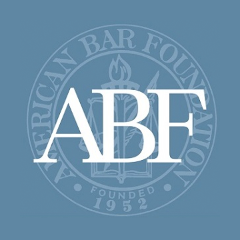
American Bar Foundation
The project will employ anthropological linguistic methods to examine how inequality is sustained in law schools in order to help them create more supportive environments for students and faculty of color. Faculty interviews, observations, and autobiographical textual analyses will be used to identify the verbal and non-verbal interactional habits that contribute to institutional practice that may sustain implicit biases.
View grant outcomes.
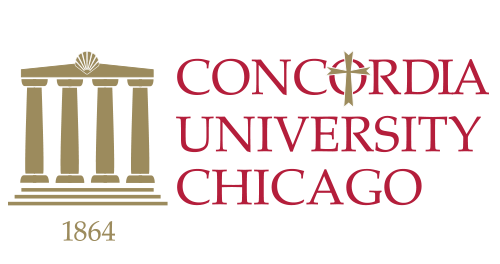
Concordia University Chicago
The grant will examine approximately 30 first-generation law students enrolled at Northwestern University Pritzker School of Law using both surveys and in-depth interviews to identify critical: pre-law school experiences, psychoemotional/educational needs of enrolled first-generation law students, and personal qualities associated with first-generation students’ law school success.
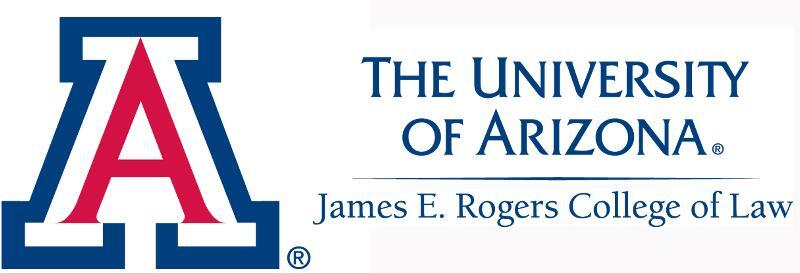
The Law College Association of the University of Arizona - James E. Rogers College of Law
This grant will pilot a seven and a half-week online course teaching standard contracts and foundational skills in case-reading and analysis to 250 aspiring JD students. The course is intended to expose students to the materials and methods of legal education and better prepare them for success in JD programs. A more valid and reliable predictor of student performance in law school will be developed using factors beyond standardized test scores and undergraduate grades.

The Board of Trustees of the University of Illinois on behalf of The John Marshall Law School
This grant supports a study of the impact of High performance cognitive training – Strategic Memory Advanced Reasoning Training (SMART) has on improving cognitive performance, and thus academic performance and bar passage.
To read more, please visit Texas Tech adopts SMART brain training for its 1Ls
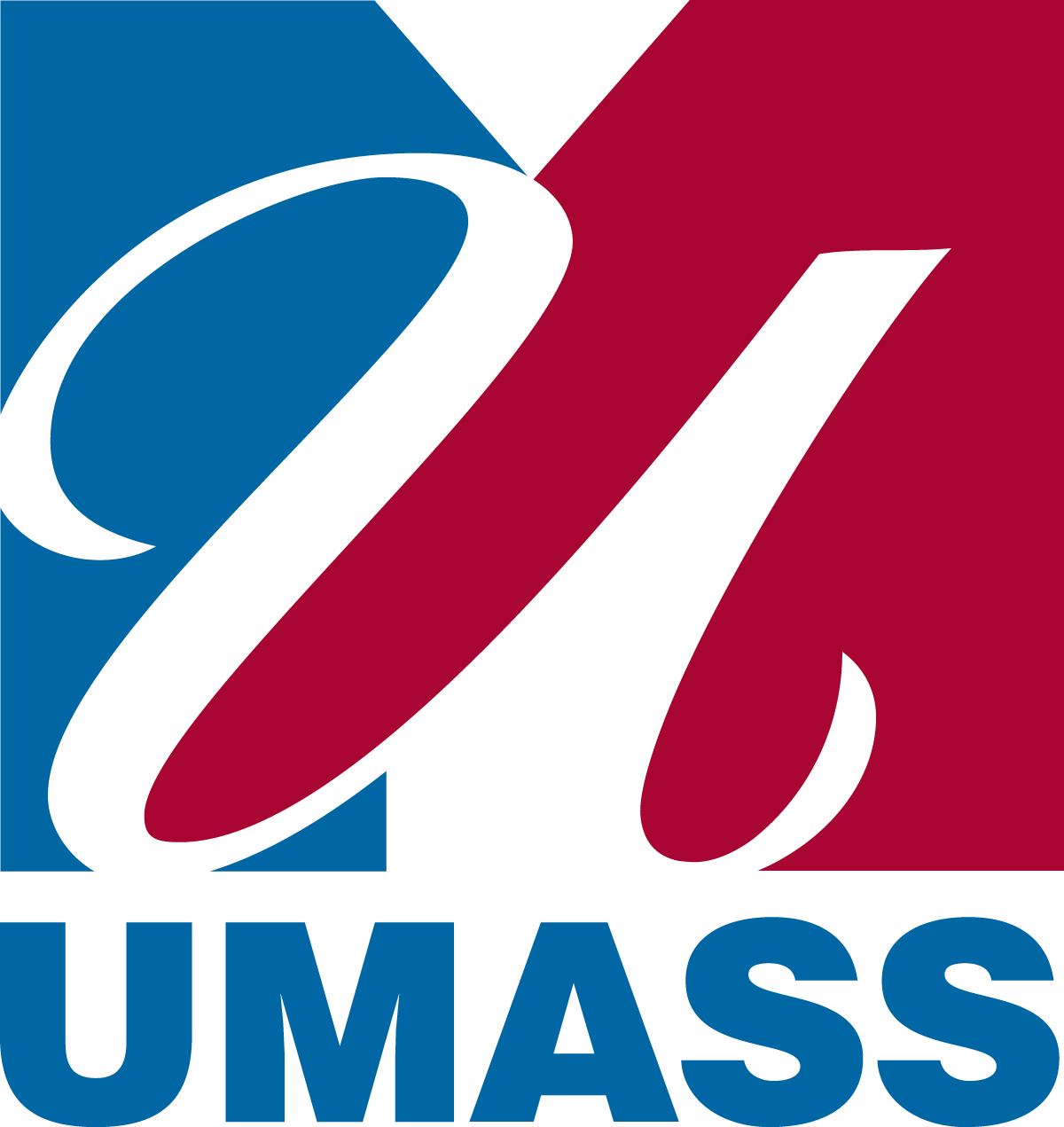
University of Massachusetts
This grant supports a study of students’ social networks that will examine whether certain connections are associated with law school success. The project will focus on whether students from diverse backgrounds lack access to key social connections and to what extent network inequality accounts for disparities in legal education outcomes.
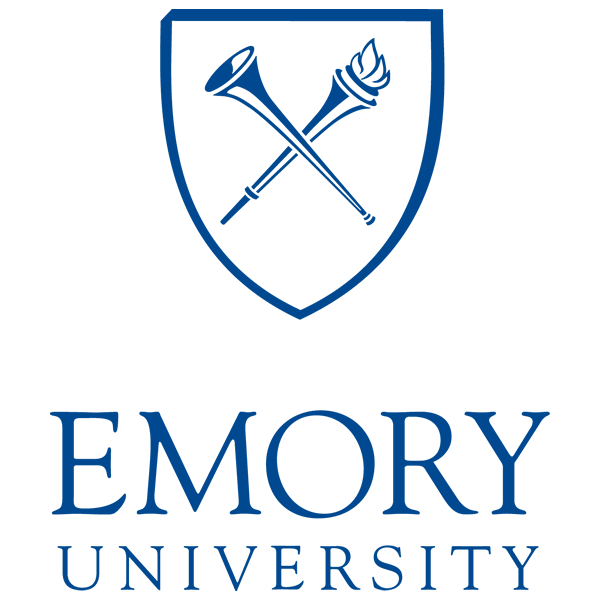
Emory University
A $86,603 grant was awarded to Emory University to measure the institutional efficiencies in producing student outputs for legal education. The project will use American Bar Association data and the Analytix tool, to develop a method of ranking schools based on a sophisticated conception of outputs and value-added.
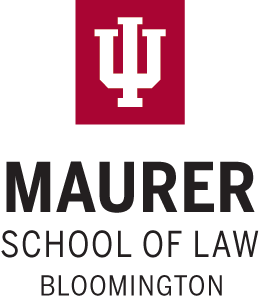
Indiana University Maurer School of Law
Indiana University received a grant to support the analysis of LSSSE data to determine in which ways social belonging influences law students’ engagement and success. In addition, this grant will support the development, implementation, and evaluation of a productive mindset intervention for final-semester law students and recent law school graduates who are sitting, for the July 2018 California bar exam.
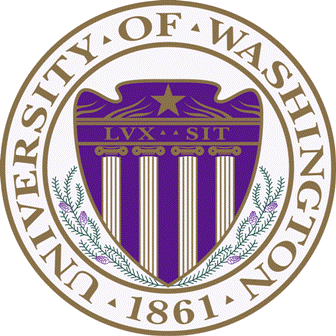
Washington University School of Law
The Washington University School of Law received a grant to support a multi-school examination of the relationship between experiential coursework, bar subject coursework, outcomes on the bar examination, and securing an initial post-graduation legal job.
To read more, please visit A Study of the Relationship between Law School Coursework and Bar Exam Outcomes
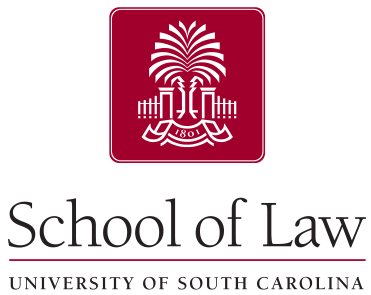
University of South Carolina School of Law
The University of South Carolina School of Law received a grant to assess the viability of race-neutral alternatives in law school admissions. The study surveyed first-year law students on race-neutral aspects of their identity to determine the relationship, if any, between race and identity factors.
To read more, please visit Assessing the Viability of Race-Neutral Alternatives in Law School Admissions



